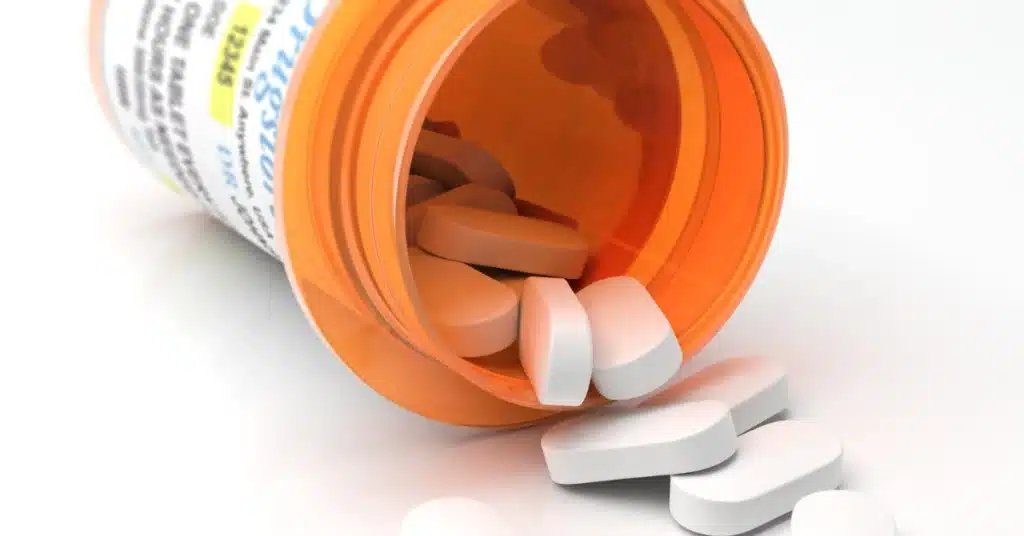A guy may experience difficulties obtaining or keeping an erection occasionally when sexually stimulated.
When men can’t achieve an erection for sexual activity, they have Erectile Dysfunction (ED).
Due to this condition, most men get ashamed and irritated.
However, if men don’t get an erection most of the time, they should consult a doctor.
The article below will tell what causes a man not to erect.
Further, we will read about certain medications’ role in causing erectile difficulties.
Inability to get erect
In a man’s life, at some point, he may face difficulty achieving or maintaining an erection.
It usually happens when a man cannot achieve or maintain an erection strong enough to have sexual intercourse.
However, if Erectile Dysfunction lasts, it may stress you out, lower your confidence, and complicate your relationships.
It is suggestible to consult your doctor if you have concerns related to Erectile Dysfunction.
Treating the underlying cause can help cure Erectile Dysfunction.
What causes a man not to erect
Many men do occasionally have trouble getting an erection.
Both physical and psychological causes can contribute to problems acquiring or keeping an erection.
Further, there are some antidepressant and hormonal medications listed below that can cause ED too.
Physical Cause
In older men, physical causes of erection issues are increasingly common.
It is because of conditions that can damage the blood vessels and nerves in charge of obtaining an erection.
Medical conditions listed below are among the physical causes.
- Heart disease
- High cholesterol
- Diabetes
- High blood pressure
- Liver or kidney illness
- Injury to the spinal cord or the nerve damage
Psychological Causes
Various causes can interfere with sexual feelings resulting in Erectile Dysfunction. Such causes are:
- Depression
- Stress
- Relationship problems
Medicines that can cause ED
Some antidepressant medications and hormonal medications can impact erectile functions in males.
Below are some medications that may contribute to problems in achieving or maintaining an erection:
- ED happens in men who use the baldness treatment Propecia.
- Taking Antihistamines make it harder to maintain a firm erection because they can shrink blood vessels, which reduces blood flow to the penis.
- Diuretics pills can lower blood pressure; if it’s too low, it might lead to difficulty achieving an erection.
- Antihypertensive medications can cause ED by affecting the blood flow and nerve signals essential for erections.
- Antiarrhythmic drugs can cause ED by interfering with the normal nerve signals and blood flow required to achieve and maintain an erection.
- Tranquilizers can cause ED by impacting the nervous system and reducing the blood flow needed for erections.
- Anti-androgens can cause ED by reducing male sex hormones, like testosterone, essential for sexual function and erections.
All these medications listed above will not only affect and frequently harm the central nervous system but also damage the blood vessels, resulting in permanent Erectile Dysfunction.
How to treat ED
The cause of your ED will determine your treatment strategy.
There are different ways to manage and treat Erectile Dysfunction (ED) effectively.
It is possible to manage and treat ED with medications, pelvic pumps, and surgery for men.
Medications
 Source: Getty_images_signature
Source: Getty_images_signatureMedicines are the first line of treatment for ED.
The most popular medicines available to treat ED include Viagra, Levitra, and Cialis.
These medicines help to increase blood flow to the penis and improve erectile function.
Pelvic pumps
If a lack of blood flow causes Erectile Dysfunction, penis pumps may be helpful.
These devices can help increase blood flow to the penis and improve erectile function.
An erection happens when blood enters the penis because of a pump that draws air from the area around the penis.
Surgery
Additionally, two surgical procedures can assist in the treatment of ED:
Penile Implant Procedure: Your doctor inserts an implant made of flexible or inflated rods during a penile implant procedure.
These implants can help you maintain an erection for as long as you desire after getting one.
Vascular surgery treats ED by improving blood flow to the penis.
Your doctor will perform bypass surgery on the clogged arteries in your penis to restore blood flow.
Conclusion
If a person is not able to achieve an erection occasionally it is known as Erectile Dysfunction.
It happens due to physical causes, such as high cholesterol, or psychological causes, such as Anxiety about sexual performance.
Further, drugs such as Antidepressants, Antihypertensives, Antipsychotics, and some hormones can make it difficult for a man to achieve and maintain an erection.
However, it is advisable for men to improve their sexual health and manage ED by understanding the root cause. One can make lifestyle changes, seek psychological support and take doctor’s recommended medications to help improve erectile function.
Frequently Asked Questions
What drug causes a man not to erect?
Antidepressants, Antihypertensives, Anti-anxiety medications can make it difficult for men to obtain or maintain erections, causing Erectile Dysfunction (ED).
Why is a person not able to get erect?
A man suffering from heart disease, high cholesterol, high blood pressure, Diabetes, Obesity, and will experience Erectile Dysfunction.
What is an ideal age when guys have trouble getting hard?
There’s no particular age at which Erectile Dysfunction (ED) begins. However, ED is a common problem that becomes more common as men age—around 52% of men between the ages of 40 and 70 experience mild to moderate ED.
What causes a man not to erect fast?
There can be various reasons why a man may have difficulty achieving an erection quickly. Some possible factors include stress, Anxiety, fatigue, certain medications, or psychological factors.
What causes a man not to get erect sometimes?
It is because of stress, tiredness, or taking too much alcohol, and it’s nothing to worry about. Consult a doctor if Erectile Dysfunction happens often.
When referencing outside resources, GoodrxMedicine always provides full citations. To learn more about the measures we use to maintain the quality of our content, please review our Content Information Policy.










